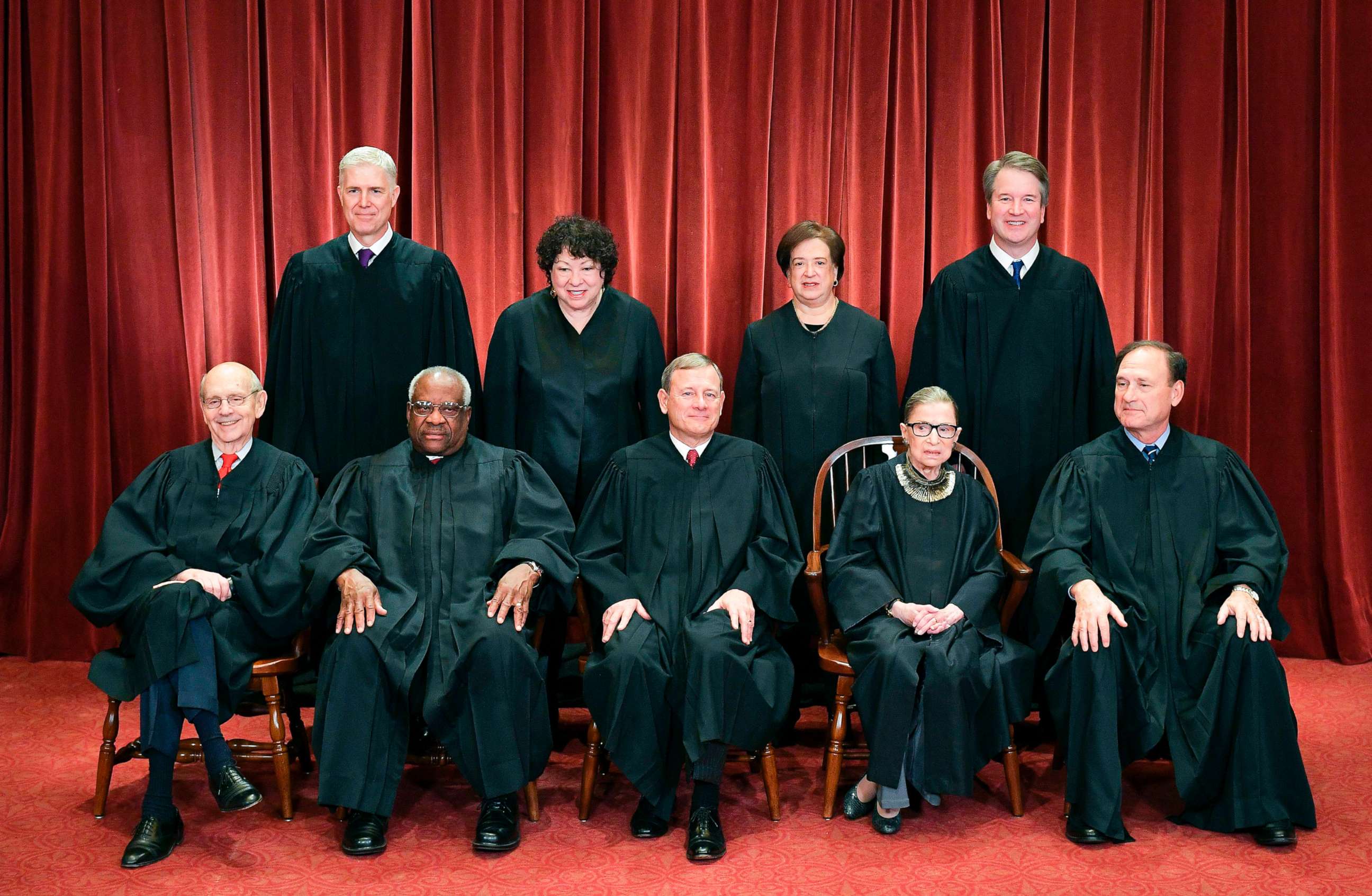In an overnight drone attack on January 28th, Three U.S Army soldiers stationed in Jordan were killed along with 40 service members injured. The attack was on Tower 22 which is close to the border between Jordan and Syria. Serval questions are being raised regarding this conflict:
How did it happen?
According to U.S officials, a U.S drone was reporting back to Tower 22, however there was a delay. While not fully certain, U.S officials are reporting that the drone leading the attack was mistaken for the U.S drone that was coming back to the base.
Who is responsible for this attack?
U.S officials are evaluating the exact group behind the attack, however it is being said by officials that an Iranian militant group fired the drone from Syria. Iran stated that they did not employ that attack, however an Iran-backed militia group released a statement stating that they did attack targets along the border of Jordan and Syria.
Why is THIS attack significant?
This is the first deadly U.S attack in that area since the Gaza War started. The U.S has experienced 165 drone and rocket attacks on the U.S forces in that area, and Tower 22 has 350 personnel on the base. Furthermore, the U.S does not want to widen conflicts with the Middle East. Therefore, the president, national security, and secretary of defense will be evaluating how to respond.
How will the U.S respond? Will we respond?
On Sunday in South Carolina, Biden stated that the “We shall respond.” However to have a response with a clear effective message without widening conflicts in the Middle East is quite difficult to do. According to the Department of Defense, Press Secretary Sabrina Singh states that “Ultimately a decision that the president is going to make…we are committed to responding and we will do so at a time and place of our choosing.” Media reports different ideas of how the U.S can respond such as attack on Iranian militant groups, or attack both countries -- however the Biden Administration has not decided yet.
Criticism for the Biden Administration on the matter?
Many republicans are criticizing the Biden administration stating that they are not doing enough to take action against these attacks. Senator Lindsey Graham of South Carolina stated that the Biden administration’s “policy of deterrence against Iran has failed miserably” and that it would be better to strike against targets in Iran. Senator Roger Wicker of Mississippi and former House Representative Mike Rogers have also stated their frustration with the Biden Administration.
What now?
The Biden Administration is evaluating how to respond and according to Sabrina Singh, hopefully there will be an answer in the next few days.
When dealing with foreign and defense affairs, multiple departments are required to help respond to the conflict. The President, Department of Defense, Department of Foreign Affairs, Secretary of State, National Security Council are all some of the main groups needed to respond. They will impact the evaluation process of how the U.S responds to the Jordan attacks. This also demonstrates how the executive branch has to be able to respond to crisis situations quickly and effectively.
https://www.cnn.com/2024/01/28/politics/us-troops-drone-attack-jordan/index.html
https://www.cbsnews.com/news/drone-attack-jordan-us-base-iran-denies-role/










